I first met Rachel Sumekh in front of the open door of a refrigerator. Career Contessa had just moved into our new coworking space, and Rachel's Swipe Out Hunger office was directly across the hall. As she handed me a jug of almond milk and explained what Swipe Out Hunger was about, I remember feeling a bit self-conscious about my own work.
Interviewing women paving professional roads? Fascinating. But there I was, talking to someone whose entire career was dedicated to making other people's lives better. And she was open, insanely smart, and occasionally self-deprecating. Instant girl crush.
To say Rachel has accomplished a lot for someone so young isn't totally fair. She's only 24, which is certainly mind-blowing, but she's also done more than most people do by the time they're 40. Or, you know, ever. Since founding Swipe Out Hunger while an undergrad at UCLA, she's expanded the program into 20+ schools and been featured in the New York Times. Oh, and she's met Barack Obama.
Through all these moments and accomplishments, she's never lost sight of what she wants or how she wants to get there. The rest is simply about putting in the work. Once in those early days, I told her I was nervous about meeting people in our offices. She just smiled, shrugged, and said: "I just forced myself. Whenever I would go to grab a coffee or water, I'd introduce myself to another person in the kitchen." It seemed so natural for her, but we all know how hard it is to meet new people. For Rachel, it's just a thing you do.
In a world where millennials get a bad rap for lack of purpose and professionalism (plus a hefty dose of narcissism), Rachel believes that our generation can and will change the way the world works. With her on our team, I'd bet on that.
Her Starting Point
Tell us a bit about growing up in Los Angeles. What were your early years like?
I’m very much a middle child—went after academic success to make up for not getting the attention I thought I wanted. My brother, 20, and sister, 26, taught me to be fun but at the same time, their playfulness led me to become a bit more serious. Throughout middle and high school, I was a tall, lanky kid with curly hair, braces, and thin wireframe glasses. Yeah, I don’t know how I had friends either.
Growing up, I was oblivious to the fact that I was a first generation American. My parents emigrated to the US from Iran and despite being born in LA, Persian is my first language. Everyone I knew was an Iranian Jew. In reflecting, I’ve become incredibly grateful for the strong community I grew up in. The values espoused on me—hospitality, compassion, community—really stuck.
I grew up in “The Valley,” and it wasn’t until I went to UCLA that I truly felt like an Angeleno. And it wasn’t until I moved close to downtown that I felt like it was my city.
Tell us a bit more about how Swipe Out Hunger works for those who don’t know the process. How many schools do you work with? How many people do you ultimately serve?
Swipe Out Hunger allows university students to donate their unused meal points to their peers and community members who are struggling with hunger. On average, a university student with a meal plan will have 10-20 prepaid meals a week. If they don’t use them, those points roll over [until the end of the school year] and leave the students often with hundreds of dollars in unredeemable funds. Our program allows them to do something meaningful with them.
You started Swipes for the Homeless, now Swipe Out Hunger, while attending UCLA with a cofounder, Bryan Pezeshki. How did the idea come about?
We all know that pang of guilt or sadness when we pass a person who is homeless on the street. As “broke” college students, it felt like there was little we could do. This is where meal swipes come in. They were always in excess. All our group did was make a sign and give students a chance to do something meaningful with their swipes. It wasn’t until a year or so later that we realized the power and potential of scale for the idea.
Since our start at UCLA, we’ve grown onto over 20 campuses and served over 1.2 million meals. Most critically, our newest initiative channels these funds to students in need. Nationally, 1 in 7 students are food insecure. In California, that number is 1 in 4.
In 2012, you received a Champions for Change award from the White House for innovation, determination, and change. What was that like?
It was finals week during our senior year. We were given two weeks notice. It was unreal and unbelievable until the moment we were in the Eisenhower building, walking down the marble walkways, waiting to be addressed by President Obama. I won't forget how I felt—so small and at the same time, so defined. I allowed myself to realize what we were doing at UCLA was beyond our campus, beyond Los Angeles, it was something that had grown beyond me. As a 20-year old, it’s hard to grasp anything that is larger than you—that also is you.
It also changed our narrative—we were no longer kids breaking the rules. We were innovators, leaders, and questioners of the status quo.

Her Big Break
When did you take over Swipe Out Hunger and really start running it on your own? And when did you know it was something you could turn into a full-time endeavor?
Ha, I don’t think I’ve shared this story publicly. In 2012, the team—all volunteers at the time—decided we should bring someone on full-time. I worked up the courage to suggest myself as that person. The team was supportive but one member, a man a few years older than me responded with “Oh, I hadn’t really thought of it...I just think you’d be too nice for the position”
It was incredibly deflating. I shared with my mentor Jeremy, who was helping me with our chapter growth. He challenged me to not be stopped by one person’s feedback. Who was he to say? Then I did everything I thought an incoming CEO should. Developed a job profile, budget, etc. I kept proving my capacity and earned the role.
In September 2013, I moved back to Los Angeles, walked into a Starbucks, took a seat, opened my laptop and started my first day as Executive Director. It was an incredible moment. Throughout my first year, I was constantly proving to myself and everyone around me that I could do it. This led to 80-100 hour work weeks.
What’s your favorite part about your day? What about least favorite?
I love sharing our story. Anytime someone asks what I do, my response takes about 60 seconds as opposed to just a job title. I’m pretty shameless about it. It’s a part of my job. I’m our best marketing tool.
I really struggle with being a “boss.” I think there are two reasons why: I’m only 24, and I’m constantly questioning if I truly know what’s best. This leads me to opening (maybe a few too many) decisions to the whole team or not declaring something. I struggle with commanding and owning the power my role demands.
Did you make any mistakes along the way? How did you deal with those moments?
My first big mistake was believing every piece of advice I was given was true—just because the person seemed “legit.”
For the first year and a half, I was having 6-8 coffee meetings a month, constantly striving to learn from and leverage the wisdom of others. I had one meeting with a man who was middle aged, white, rich, privileged (you get the picture) and he said line after line of things I should be doing. People I should know. I sat there feeling so defeated, any sense of confidence had been knocked out of me. I couldn’t get a word out.
I was speaking to a coach afterwards, and we realized that I reacted this way simply because I thought that because of his status, I had to believe what he said was true and that I really was behind on my work. It was a relief to realize this.
Who were some of the mentors you’ve had over the years, and what did they teach you?
My first formal mentor was Jeremy Forman, a serial entrepreneur I met in 2012. A critical lesson Jeremy gave me was to think systemically. To build forms, have filters that phase out wastes of time, to think about scale always, etc.
More importantly, though, Jeremy taught me to believe in myself. He told me I should pursue my dream of doing this full-time, even when others told me I didn’t have what it takes. It meant a lot to have someone “successful” believe in me. Over the past year, I’ve made an effort to find more women who could mentor me. One reason is because I want to be reminded that it is possible to be a badass business lady and have a beautiful family. It’s not one or the other.

Her Perspective
Your work on behalf of the homeless population means you have a very real perspective of the trouble many face. How do you approach working with people who have dramatically different life experiences than you do?
While our days consist of different activities and realities, I always felt close and connected to homeless individuals. While I don’t work directly with any through Swipe Out Hunger, I did from 2012-13. After graduating from UCLA, I moved to Chicago and became a social worker. I spent a year helping people who were homeless or in poverty get back on their feet. What was critical was deep empathy and humility. I cannot fathom the emotional toll or realities of being homeless, so I could never assume I knew. That year made me a good listener and I hope, a better person.
How do you gauge your success? What have been some of the most triumphant moments during your time running Swipe Out Hunger?
A few moments stands out. Last month, we were featured in The New York Times. It was an incredible moment of validation and sheer joy. Second, was the SVP Fast Pitch in Oct 2014. I had to pitch against nine other organizations to an audience of 600 potential investors. By the end of the night, I was titled the winner and walked away with $30,000. It put us on the map in Los Angeles for sure. Finally, I have a moment of triumph almost every week. On each phone call where a student comes to us and says “We did it—the school has agreed to launch a Swipes program.” And the words don’t matter—just seeing that we’ve given a student the chance to be passionate and enthusiastic about something.
Fundraising sucks and networking is awkward, but you have to do it—and man, do you. What’s your best tip for women who are interested in getting out there and generating support for a cause?
Before I walk into any room where I might network, I remind myself: ”You are a badass. Anyone would be lucky to hear your story.” Saying these words gives me my power back, and I walk into any room ready to take on anything. I even started doing this before dates, ha.
Fundraising requires an obvious show of humility so I have a different affirmation for those meetings.
Secondly, I have networking games. One of my favorites is to see how little I can talk. Once I get posed a question I’m genuine but short in my answer and deflect a question back to them. After a few rounds of this, the person opens up and shares personal and real parts of themselves. Now, the conversation isn’t exhausting networking talk.
And finally, what do you wake up looking forward to? What’s next for your career?
This is weird and avoiding the question, but I’m looking forward to getting older. I get to meet incredibly accomplished people who are a bit older and in the social impact space, and I can’t wait to have their stories. I want to build communities, I want to change systems, I want to fall in love, I want to build companies, I want to get arrested (for protesting, of course), I want to have my interests and passions grow and change. I want to have this desire to experience life in meaningful ways guide my career choices.
You May Also Like
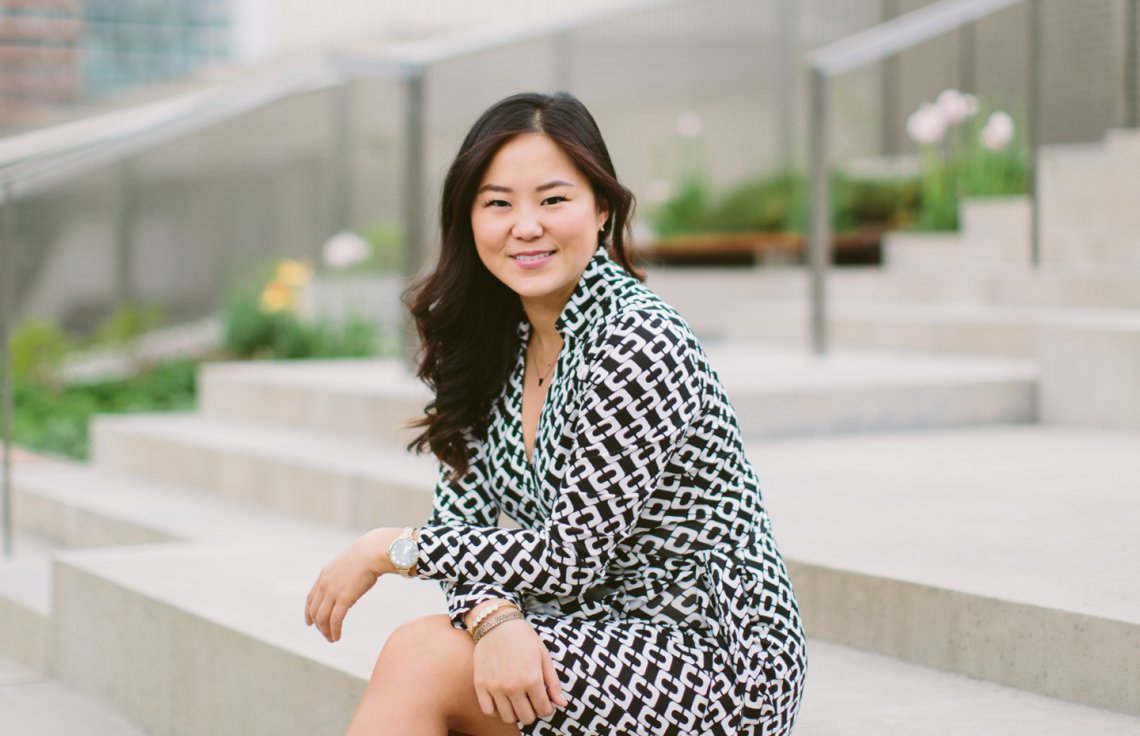
Government + Public Policy
How to Become a Foreign Service Officer
Ever wondered what it would be like to work in Foreign Affairs? Gloria Chou knows, and she's spilling.
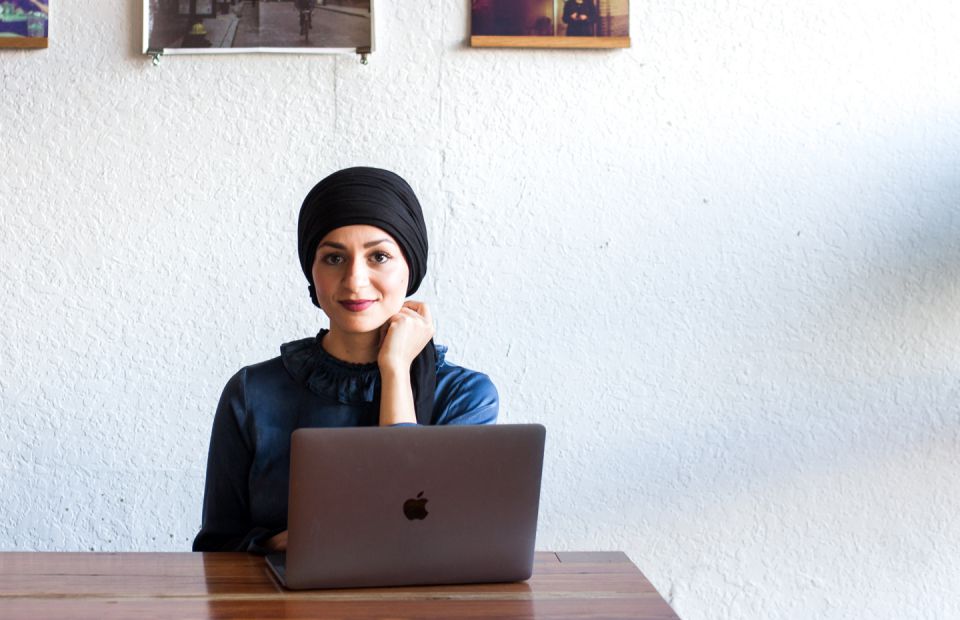
Government + Public Policy
Noor Elkhaldi on Taking a Break From School to Work as an SVU Counselor
"You cannot care for others if you do not care for yourself."
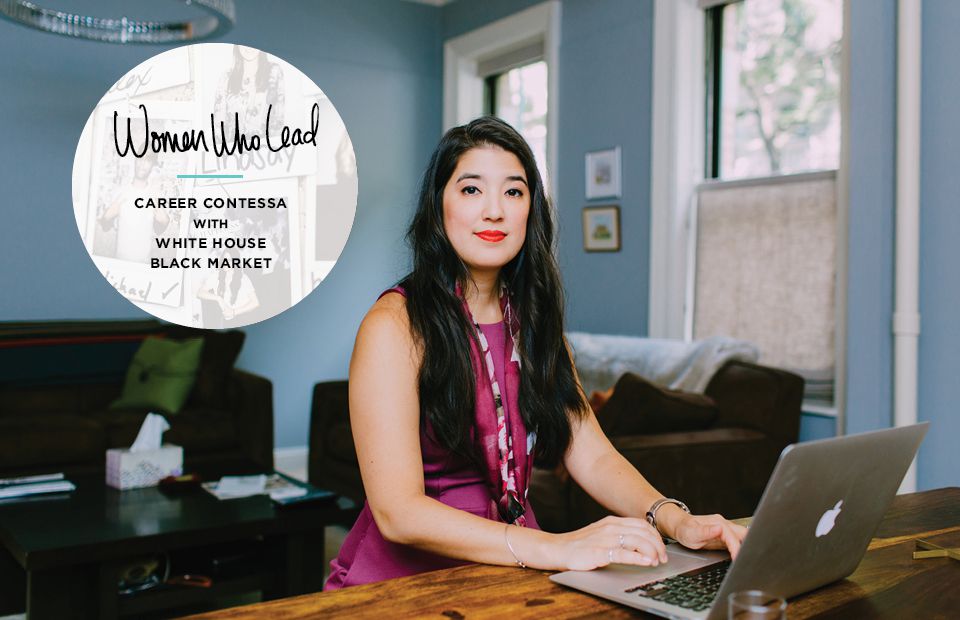
Consumer Services, Education, Finance
Women Who Lead: Alexandra Dickinson, Founder and CEO of Ask For It
On taking risks and asking for more—always.
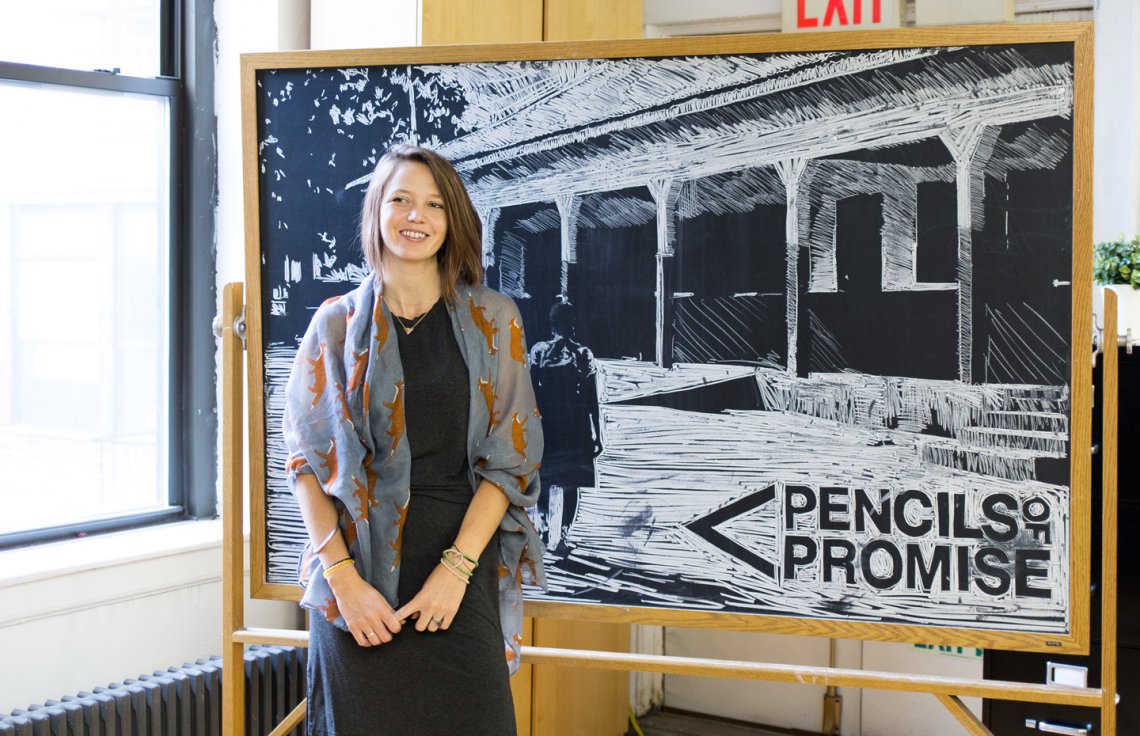
Nonprofit, Social Responsibility
Leslie Engle Young on What a Director of Impact Actually Does
This philanthropic globetrotter found her dream career working at Pencils of Promise.
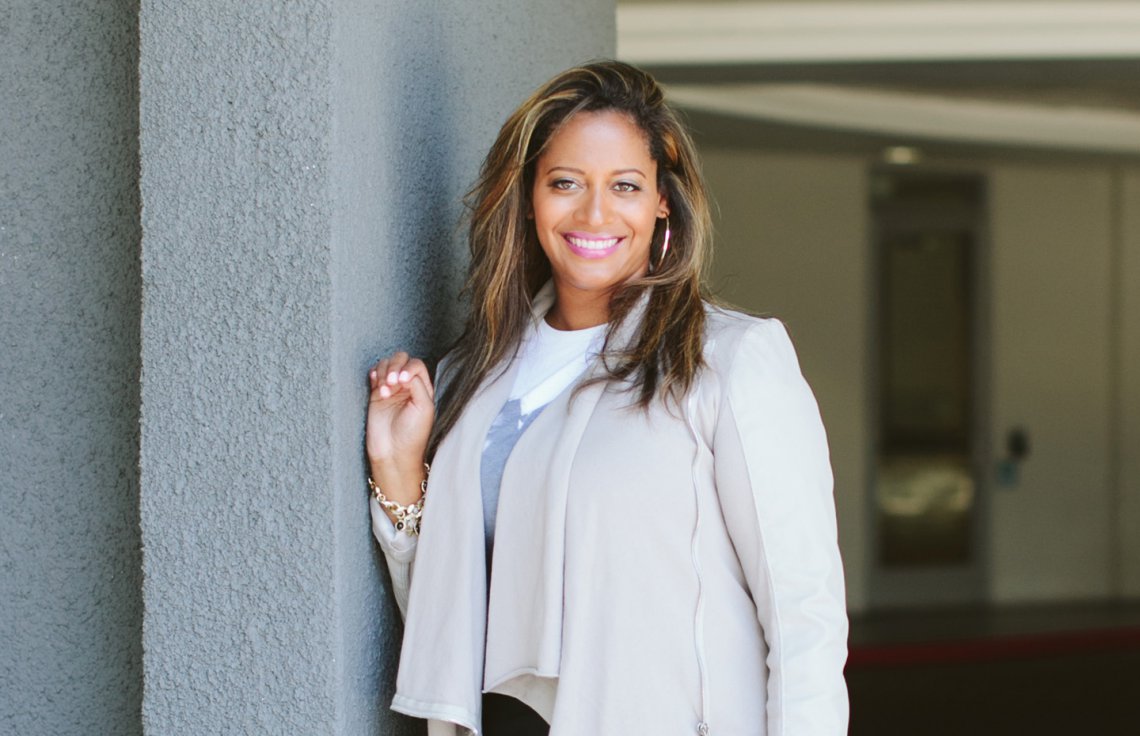
Entertainment, Government + Public Policy
Meet the Woman Behind Your Favorite T.V.
See how Candace's legal background has helped her climb the ladder to a director role at Sony Pictures.
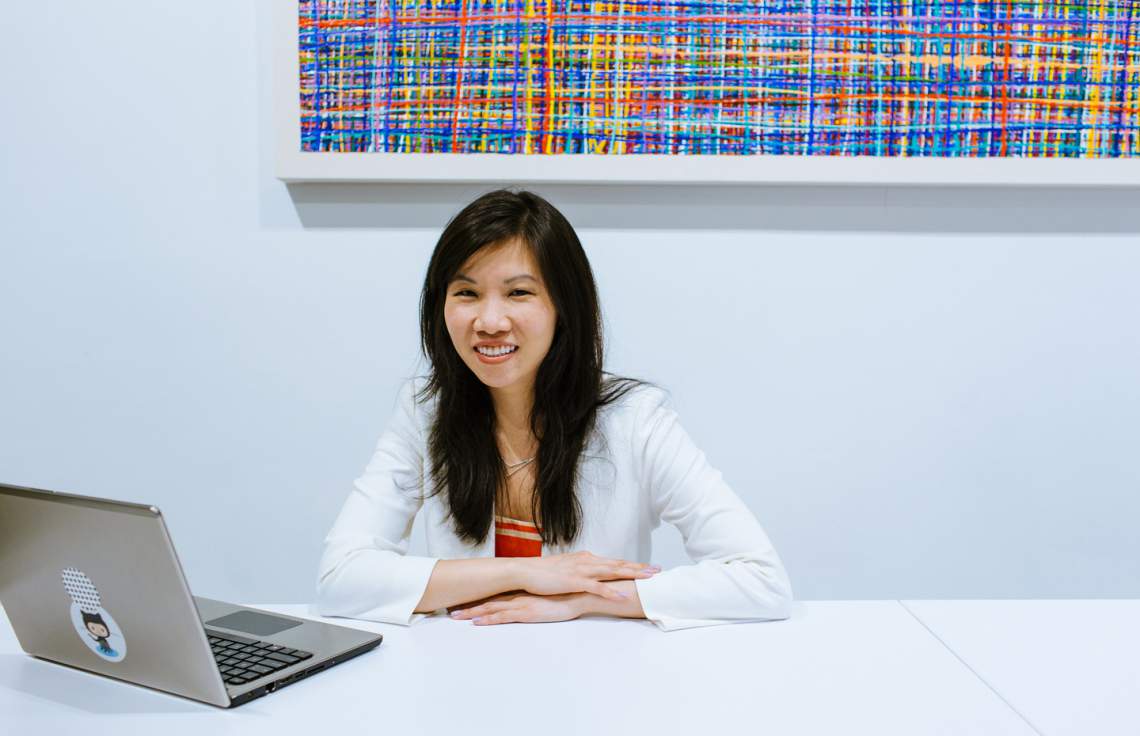
Government + Public Policy
This Millennial Entrepreneur Talks Politics, Activism, and...How to Vote?
Election season's almost over, but Maria Yuan's company, IssueVoter, is just getting started.
Get the Best Career Advice Delivered To Your Inbox
Join our newsletter to stay in the loop.
